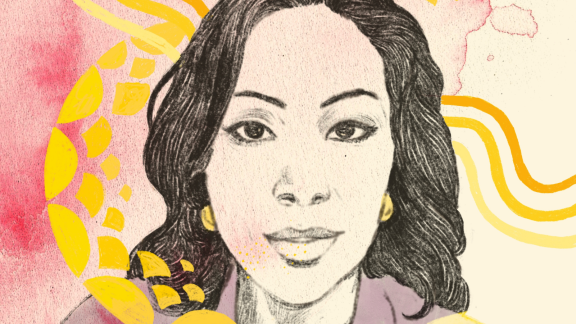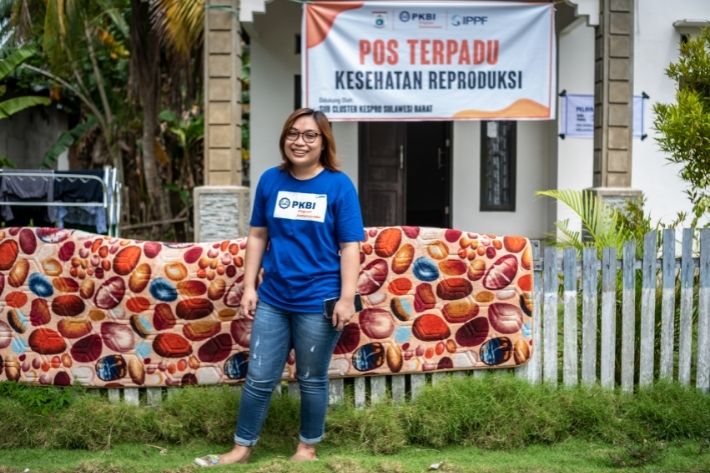“I recall the first humanitarian crisis that I was part of was in 1988, flooding in Sudan,” said Dr. Rania Abdalla Abu Elhassan, IPPF’s Regional Humanitarian Advisor for the Arab World and Africa Regions. “I was still very young, I was wondering how those tents had arrived, how this food is distributed... my understanding of disasters was very fragile. But that really opened my eyes.”
With lived experience of humanitarian crises, Dr. Rania offers an important perspective in her work as a medical doctor and a frontline humanitarian responder. Over her 20-year career as an obstetrician and gynecologist in Sudan and with national and international NGOs, she has provided lifesaving sexual and reproductive health care to women and girls in emergencies around the world.
For this year’s International Women’s Day, Dr. Rania spoke about how she got involved in humanitarian work, the barriers and opportunities facing women in the sector, and what she will do her new role at IPPF to ensure sexual and reproductive health needs are not overlooked amid growing global humanitarian needs.
“There is always a counter argument when it comes to women’s sexual and reproductive health in male dominated communities,” she said. “It is a very shaky idea for the dominance of the male figure. But we are not arguing from a religious perspective. We are speaking about facts. We want to make it safer and easier for women [to access their sexual and reproductive health] because we don't want to lose those women.”
With a master's degree in public health, as well as diplomas in humanitarian assistance and in gender advocacy, Dr. Rania applies a holistic approach to her work. Still, she has faced numerous barriers as a woman in the humanitarian sector, and she says that more needs to be done to ensure gender equity at all levels of humanitarian response.
“There is an unspoken consensus in some humanitarian organizations that females cannot perform like males,” she said. “I have been working with all male medical doctors in a warzone, and their assumption is that this is a warzone... This is a man’s place, it's not a woman place. But we must prepare for gender balance and gender parity prior to the crisis. Because if something was not existing before the crisis, you cannot implement it after a crisis.”
Hear more from Dr. Rania in this podcast.
when
region
Arab World, Africa
Subject
Humanitarian










